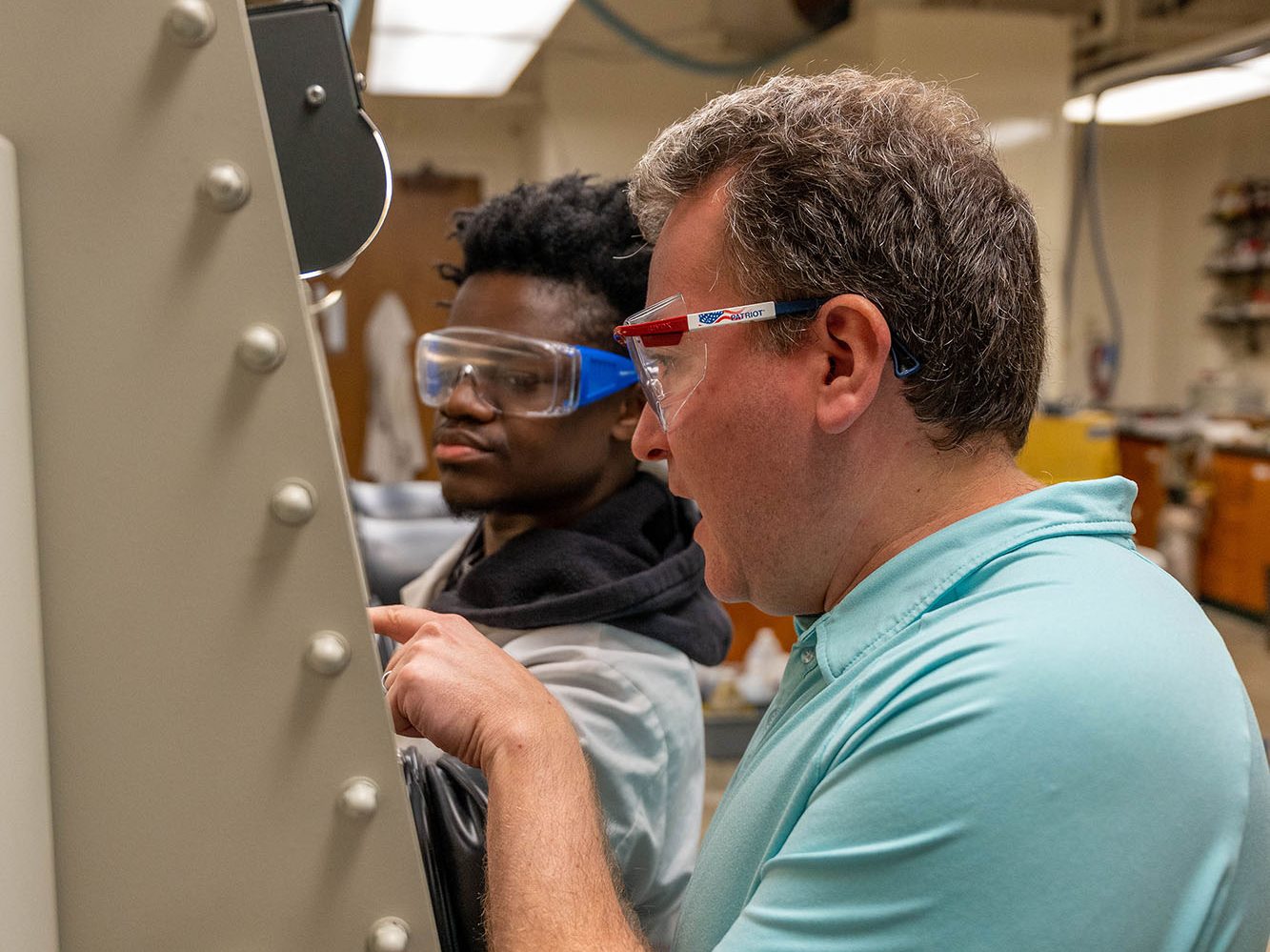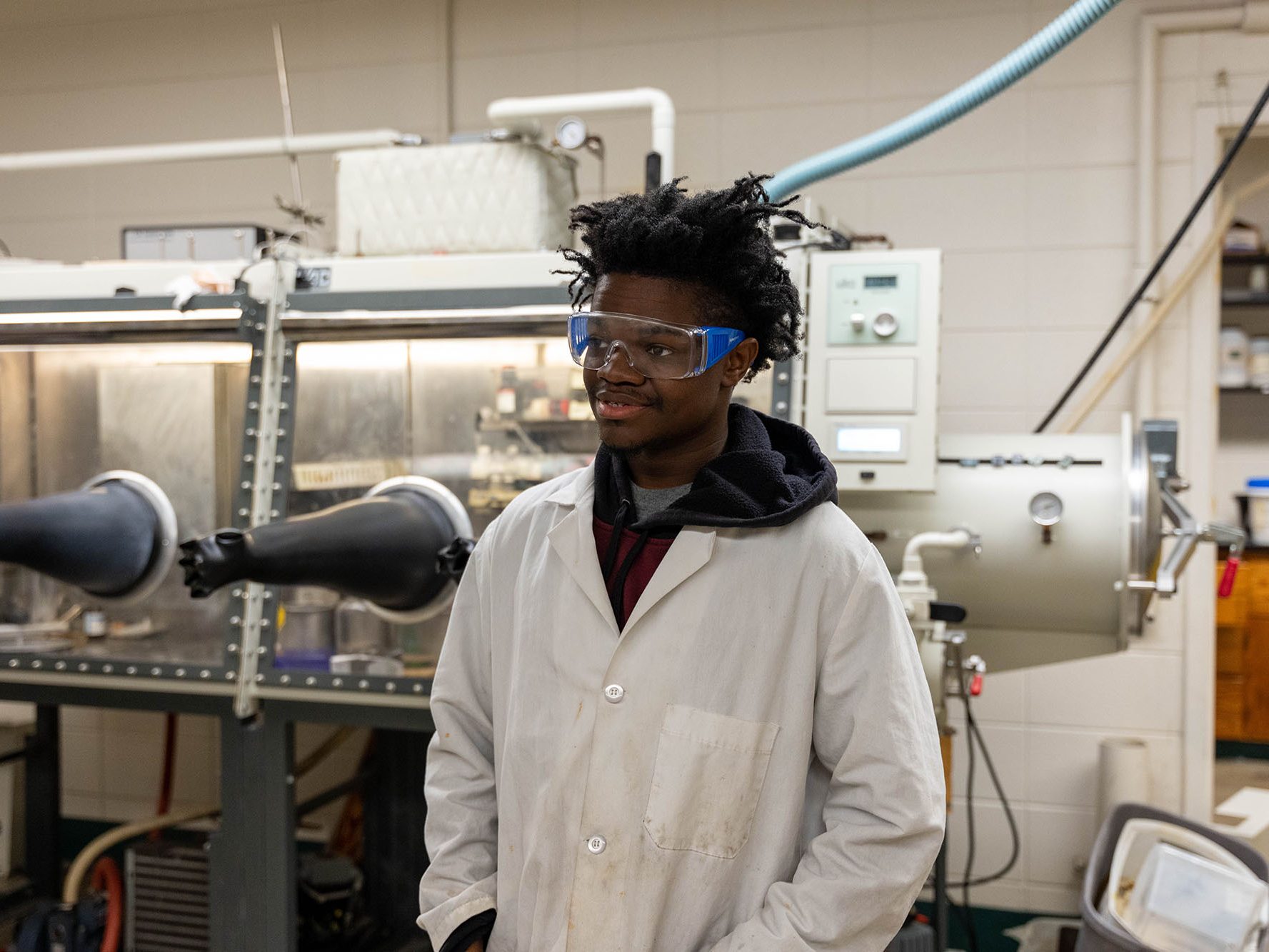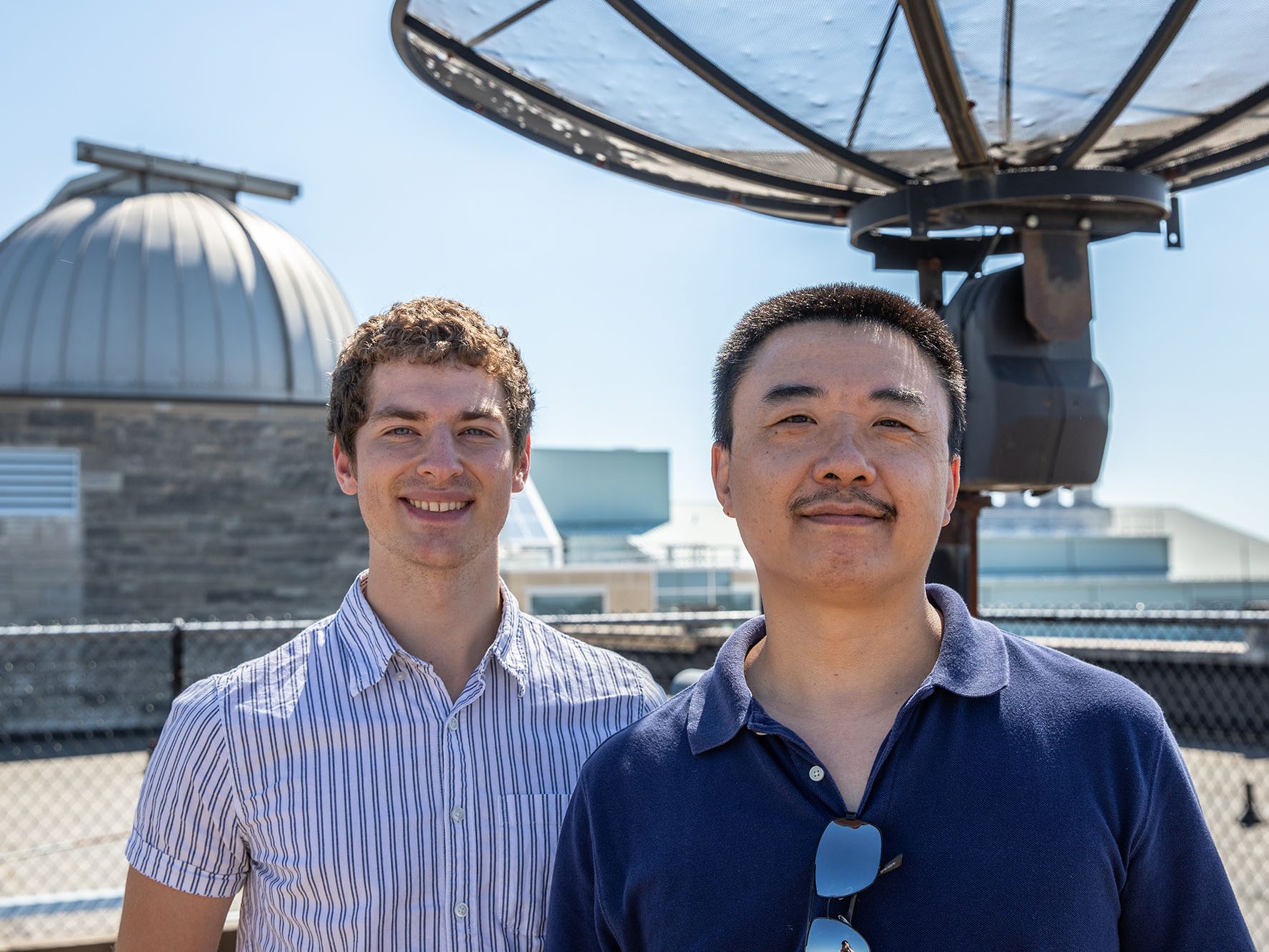Sept. 6, 2022
Contact: Uriah Orland, 573-882-6212, uriah.orland@missouri.edu
Building on more than 30 years of success, the University of Missouri recently received a $1.5 million Department of Education grant to continue the Ronald E. McNair Post-Baccalaureate Achievement Program for the next five years.
MU was among the original 14 universities selected in 1989 to develop a program which encourages students whose parents do not have college degrees and/or students from groups traditionally underrepresented in higher education to enroll in graduate studies.
“Since its inception, McNair has delivered a steady core foundation of excellence through the delivery of evidence-based practices,” said NaTashua Davis, principal investigator and associate vice chancellor for access and leadership development. “Through the delivery of extensive services, resources and activities, the program seeks to promote student success and assist scholars in gaining the skills and experiences needed to successfully apply, pursue and complete an advanced degree.”
Currently, there are 29 active scholars representing multiple academic disciplines across campus.
Henry Jemison, a senior from Conway, Arkansas, is majoring in chemistry and is a McNair scholar in Justin Walensky’s lab. His course work of biochemistry and inorganic chemistry this semester is keeping doors open for his future graduate work.
“Part of me wants to continue to focus on what I know, but I don’t want to limit myself,” Jemison said. “But if something catches my attention this year, I definitely want to find someone doing interesting research and follow up on that.”
Jemison’s access to the program was possible because of the initiative of his mentor, Walensky, professor and chemistry department chair.
“I found out about it because Justin gave me a heads up and I wanted to give it a shot,” Jemison said.
This is the first McNair scholar Walensky has had but he finds great value in program.
“It’s an excellent opportunity for those who are underrepresented in our field [chemistry] and gives them the undergraduate experience that they really need to go to graduate school,” he said. “I also think it is a great way to get undergraduates involved in research and advancing undergrad research.”
For Haojing Yan, associate professor of physics, the roles were reversed. Senior physics major Cole Vogt came to him and asked to be his mentee under the McNair Scholars program.
“I started working with Dr. Yan a semester before I applied for McNair, so I chose him as my mentor and then moved on to McNair and asked if he wanted to be a part of it, too,” said Vogt, a first-generation college student from Spring Grove, Illinois. “I knew the McNair program provided a lot of opportunities as well as the funding, so I could actually do the research. I could also network with people like Haojing and see what the faculty are doing, but also network with other students who are doing research across multiple different fields.”
Not only is the McNair Scholars program providing Vogt a stipend to conduct research and other scholarly activities with faculty mentors, but it is also setting him up for his future dream job – teaching.
“I’ve always liked teaching that’s always been a passion of mine, especially when it comes to physics and math. Applying that to something as interesting as astronomy would just be a dream come true,” he said.
The McNair Scholars Program is a federal TRIO program funded at 151 institutions across the United States and Puerto Rico by the U.S. Department of Education. It is named for astronaut and space shuttle Challenger crew member Ronald E. McNair and embodies the high standard of achievement McNair’s life represented.







